
Through a series of research papers, expert discussions and workshops, Jamestown’s Special Project “Black Sea Battleground” aims to identify and analyze the key elements of a U.S. strategy for dealing with the cauldron of competition in the Black Sea region.
Latest Articles
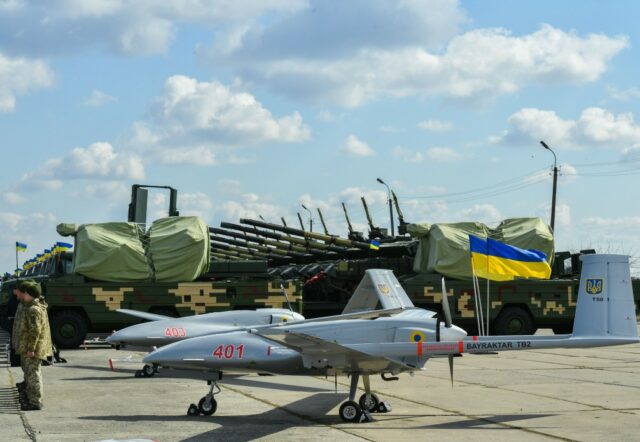
Turkish Drone Strategy in the Black Sea Region and Beyond
Introduction: Turkey as a ‘Dronized’ Military Power on Russia’s Doorstep Geopolitically, Turkey is a game-changer. Without Turkey being a member of the North Atlantic Treaty Organization (NATO), the transatlantic Alliance would have had a truly different “mapping” of its surrounding environment. Such a “different mapping”... MORE
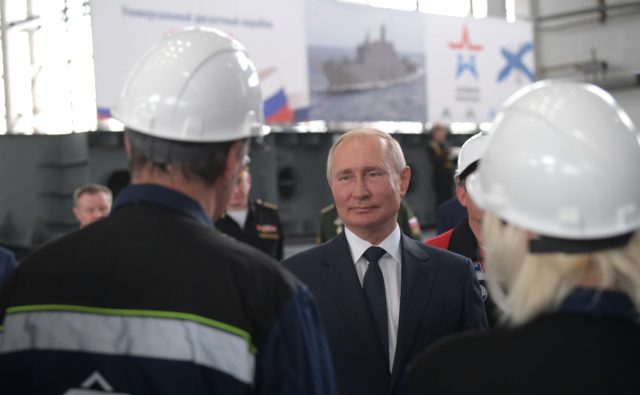
Arsenal of Empire: Russian Naval Construction in Crimea and Its Implications for Black Sea Security
Executive Summary Thanks to its warmer climate compared to northern Russia, the Black Sea littoral area is much more conducive to building larger vessels quickly and free of construction defects. Russian naval shipbuilding in the Black Sea occurred at different times in the history of... MORE
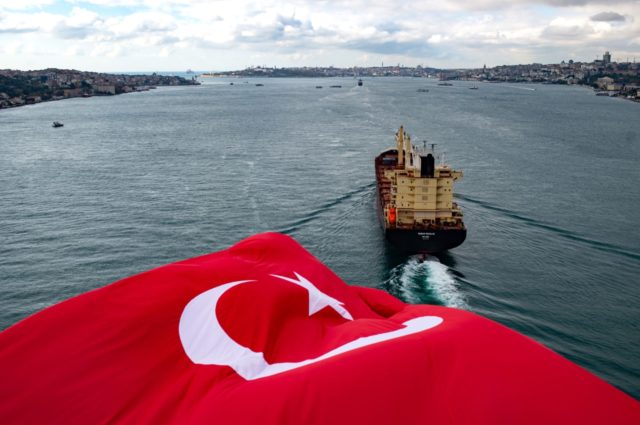
Referee and Goalkeeper of the Turkish Straits: The Relevance and Strategic Implications of the Montreux Convention for Conflict in the Black Sea
Executive Summary Since Classical times up through the violence of World War I, the issue of control of the Bosporus, Sea of Marmara and Dardanelles—the Turkish Straits, which connect the Black Sea with the eastern Mediterranean—has vexed kings and admirals and led to the rise... MORE
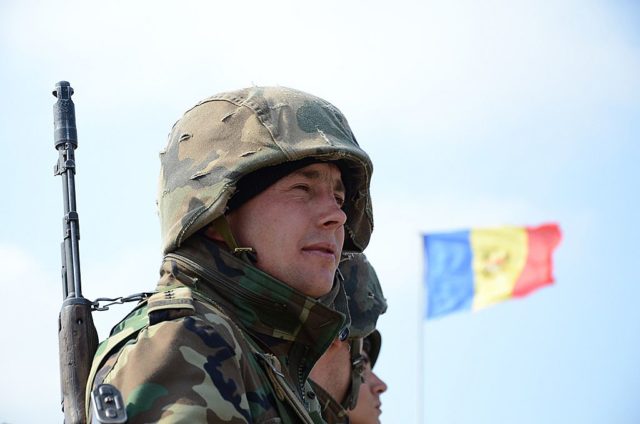
Neutrality With No Guarantees: The Evolution of Moldova’s Defense and Security Policies
Executive Summary Moldova has been discounting and underfunding its defense and security sectors for the past three decades, despite having over 10 percent of its territory under Russian control. Today, the foreign armed forces stationed on Moldovan territory against Chisinau’s will effectively surpass the strength... MORE

Vulnerable Arteries: Severe Challenges to the Security of Ukraine’s Internal Waterways
Executive Summary Ukraine faces threats and challenges of sabotage and diversionary activities on the country’s main rivers and against critical riparian infrastructure. In December 2020, Kyiv adopted the Law “On Inland Water Transport,” which permits foreign vessels to access Ukraine’s internal waters, including its navigable... MORE
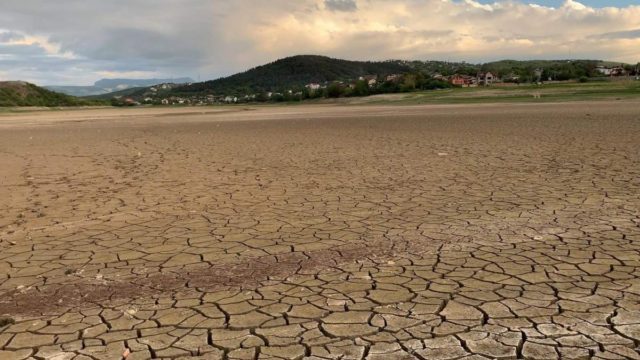
Water Crises and the Looming Ecological Catastrophe in Occupied Crimea and Devastated Donbas
Executive Summary The critical, chronic and worsening water shortages gripping the Crimean Peninsula derive from a combination of long-term and complex (both anthropogenic and natural) factors that can be traced back to at least the 16th and 17th centuries. Despite the changing technological capabilities and... MORE
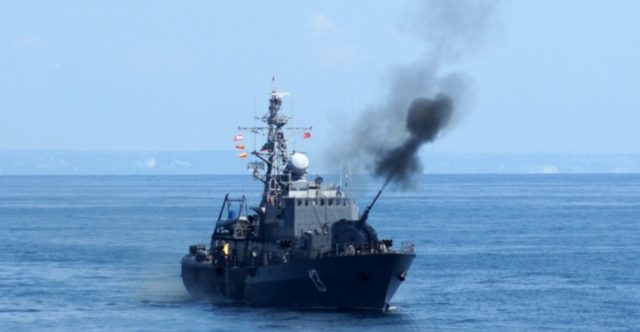
Bulgaria’s Black Sea Dilemma: NATO Ally or Russian Gateway?
Executive Summary The Black Sea is the region most severely affected by the tensions between the Russian Federation and the Transatlantic alliance. An arc of conflicts, extending from Moldova through Ukraine to the South Caucasus and Central Asia, serves the Kremlin’s strategy of geopolitical control.... MORE
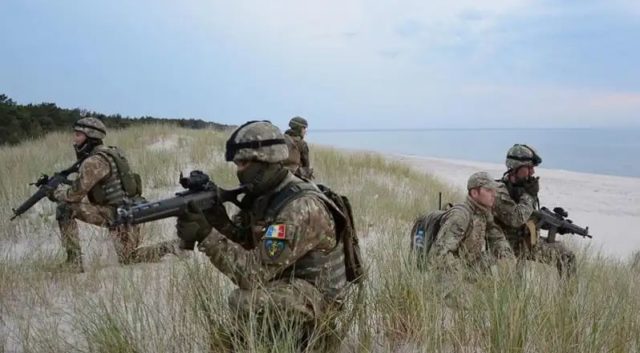
Guardian of the Danube: Romania’s Mixed Progress in Implementing a Black Sea Strategy
Executive Summary Romania’s maritime environment consists of the Danube River and the Black Sea. The river links the country to the sea providing an important trade connection with the rest of the continent as well as a natural frontier. Moreover, the Danube is crucial for... MORE
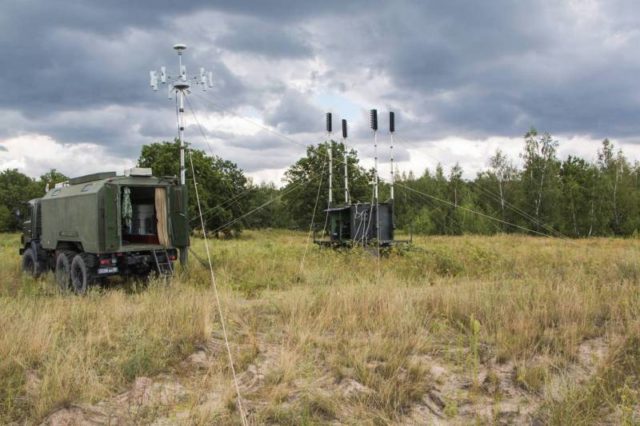
Blind, Confuse and Demoralize: Russian Electronic Warfare Operations in Donbas
Executive Summary Electronic Warfare (EW) has historically been one of the key pillars of Russian/Soviet military might. Following the tumultuous period of internal crises in the 1990s, Russia managed to restore and, in some categories, surpass Soviet-era achievements in the realm of EW. Given the... MORE
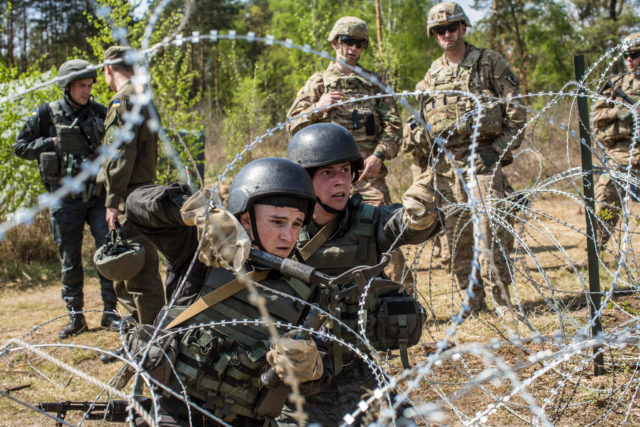
Seven Years of Deadlock: Why Ukraine’s Military Reforms Have Gone Nowhere, and How the US Should Respond
“Such education and introduction of new approaches should occur either simultaneously at all levels or starting from the top tier of the chain of command—it will not work otherwise.”[1] Executive Summary After seven years of war, the Ukrainian defense system has not reformed. The... MORE